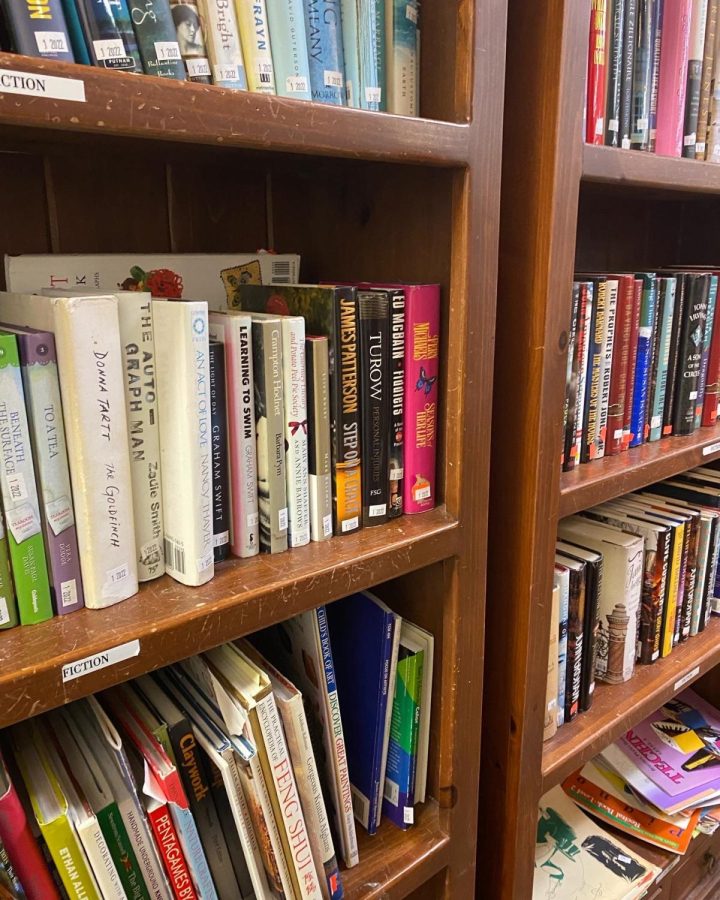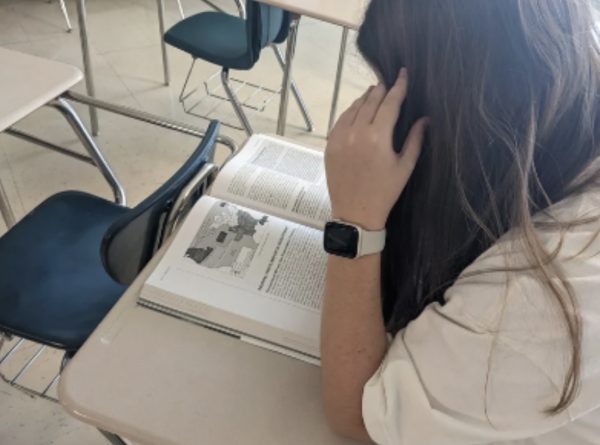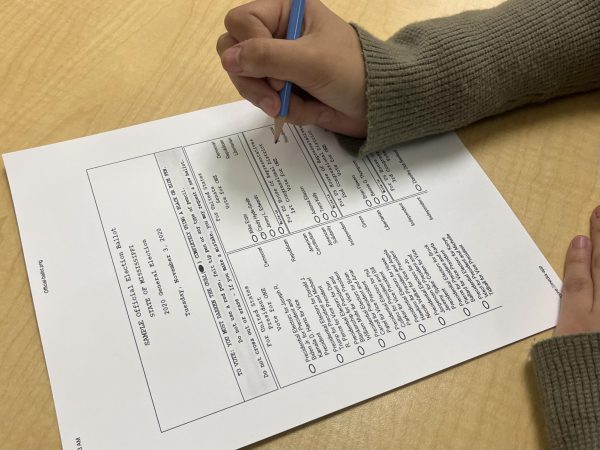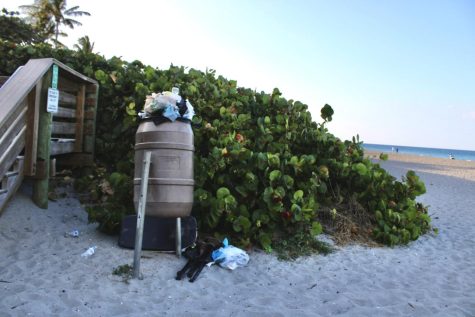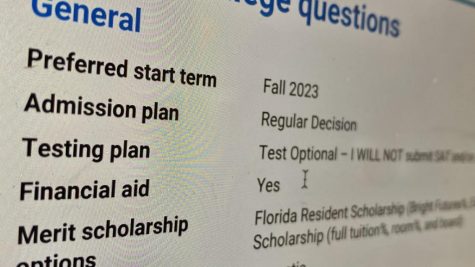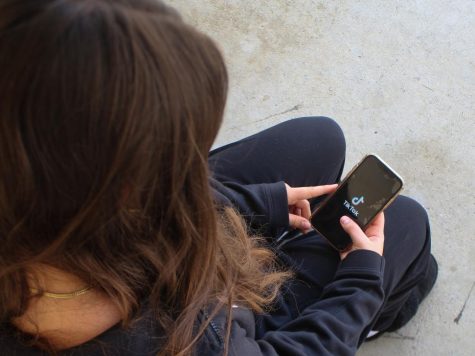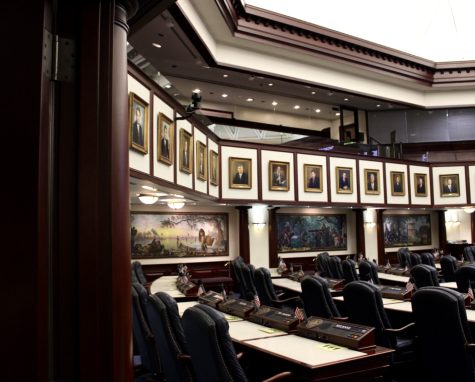OPINION: Hypocrisy behind book censorship
Talking, protesting, writing: all are mediums to convey a voice or a message to the world. Under the First Amendment, Americans have a right to freedom of speech without any censorship. So why is there a debate on the very matter?
The idea of book banning is not new. Attempts to remove certain books from schools and libraries over concern of the topics and language used has been around since the 17th century. For the past few decades, however, the movement has gained rise to political and religious fronts.
There is an extensive banned list that encompasses some of the most critically acclaimed novels. Classics from “The Adventures of Huckleberry Finn” to “The Scarlet Letter,” and more recent pieces such as, “The Hate You Give” and “The Handmaid’s Tale.”
Those behind the force pushing the ban in the U.S. are a largely Christian and Conservative group. Their argument–to rid their children’s schools of any controversial or explicit content. Even if it means sheltering their children from the realities of the world.
“A lot of Americans believe that we were built on conservative traditions, when in fact they were radical ideas, so they feel the need to control and prevent new ‘radical’ topics like racism, sex or LGBTQ+ rights from getting taught,” Stella Morris, senior and president of the National English Honors Society, said.
Morris also builds on the need for books as another outlet of learning.
“Books like the Great Gatsby have adult themes, but when taught as a cautionary tale or guided by the teacher, students are able to learn important concepts in the right way,” Morris said.
Bethann Householder, AICE Language teacher, came up with an idea to avoid sensitivity of book audiences, and be able to caution readers so this teacher guided reading can occur.
¨In movies and television shows there are always ratings and trigger warnings about what is included. Why can’t there be the same for books? Why doesn’t the media face the same debate as literature?¨ Householder said.
Additionally, Michelle Xiao, junior, feels that banning books would restrict kids from understanding subjects in today’s world or even in the past.
“We learn these same issues in history class, why can’t we read about them as well,” Xiao said.
If these books continue to be banned, what does that teach children about sharing their views? Wouldn’t they feel confined from writing their feelings when the authors they read are as well?
“School is a place to learn and not have our opinions and others in novels to be suppressed,” Xiao said.
Both teachers and students alike feel the classroom is a sanctuary. And recently, it has not been able to be one resulting in inappropriate behavior.
Lauren Gitman, AICE Language and AP Literature teacher, finds that when learning uncomfortable subjects in class, it is so foreign, she has noticed students grow an insensitivity.
¨I was teaching ‘Night’, and I had two girls laughing, I made them leave the room, but I think it was their way of coping with it,” Gitman said. “And this is just one example.”
Another question arises as to how the issue came up in the first place. Why now is the U.S. have so much to say on both sides when no other country really is?
Danielle Steyn, another AICE Language teacher and Inkwell Magazine sponsor, notes the often opinionated culture of our country.
¨In Africa, the countries…have strict laws in which citizens abide without much restraint. But in the U.S., many people have opinions, and all voice them, resulting in division, like the one over book censorship,” Steyn said.
As we go on in developing the U.S. to be the best version of themselves, we must take in account everyone´s voice. Yet there is a point, when certain views go against our founding principles. So as we develop our youth, caution them yet still enable them with the tools to be educated and not benighted. And the way to do that? Books.
For more information on the banned book list, check out https://www.powells.com/featured/banned-books-week-2021-blue-room

